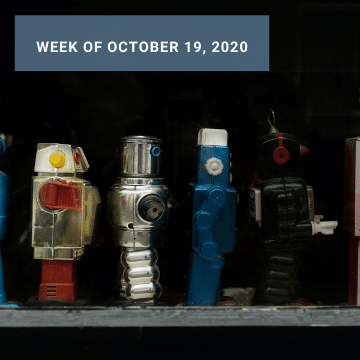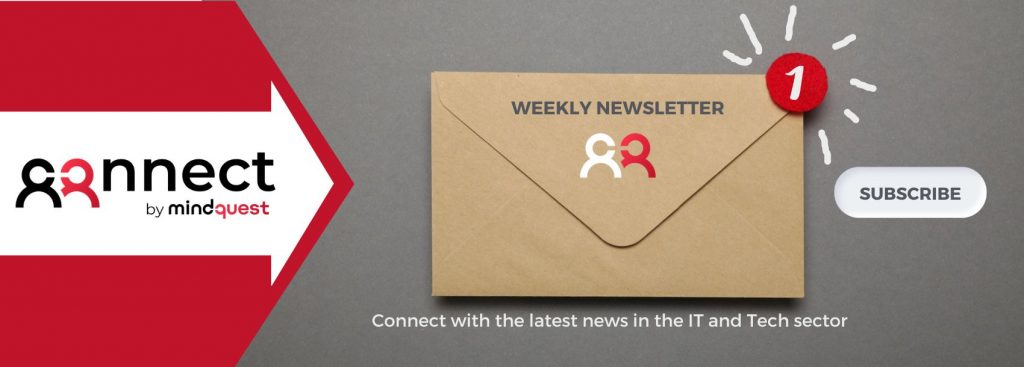A look at the week in tech and IT news. Bitcoin hunger for power, robot farmers, and a new EU regulation for the repair of electronics.
Bitcoin – Crypto-pollution
Bitcoin’s latest price surge and growing institutional support have put the cryptocurrency back in the public eye and attracted scrutiny around the amount of power it needs to function.
Bitcoin works thanks to a mechanism called proof-of-work, by which a globally distributed network of computers competes to solve a complex cryptographic problem every 10 minutes. The process is estimated to use as much electricity as Norway or Argentina do in a year. That’s 2.5 times as much energy as Facebook, Apple, Amazon, Microsoft and Google need every year — combined.
The impact could be reduced if a greater part of this power came from renewable resources, only 39% of it does today. But that’s no solution. Proof-of-work is still a terrible waste of electricity. Alternative transaction validation methods like the proof-of-stake consensus mechanism used by other coins, will need to be adopted to ensure the long-term viability of the ecosystem.
Of robots and cows
Farmers and robots are not necessarily two concepts one would put together. Yet these unlikely companions are quickly becoming inseparable sidekicks.
It makes sense, though. Both automation and agriculture share a common goal when it comes to optimising processes and maximising output. All over the world, technologists and food producers are coming with new and imaginative ways of helping plants grow faster and be more nutritious, but also of improving the quality of life of cattle.
The next time you see cows grazing on a field, pay attention to their ear tags. Chances are they are hiding a GPS tracker with advanced biometric capabilities that let farmers monitor the animals’ health and anticipate when they will need anything. And watch out for little wheeled robots inspecting the fields. They are small and it’s easy to trip over them.
The right to repair
Finally, a new EU regulation came into effect on Monday.
The European Right to Repair, by which manufacturers of electronic equipment must ensure their products can be repaired and last for up to 10 years, is aimed at tackling one of the main problems of technological progress and consumerism: waste.
However, environmental campaigners are not satisfied. And with reason. The rule currently only applies to products like refrigerators and other appliances. Consumer electronics like laptops and mobile phones are not factored in.
Individual countries like France are already going one step further, passing regulations to require companies like Apple to accompany their devices with repairability scores. The EU is likely to follow suit in future revisions of the initiative.

Also discover our article: The State-Of-The-Art SOC
Check out more of our interviews from our podcast episodes.


